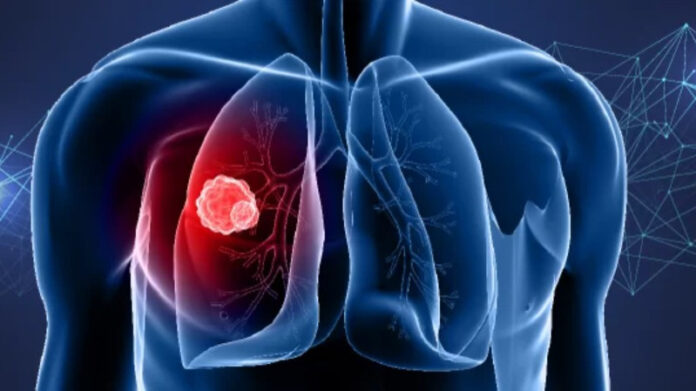Lung cancer can develop due to a variety of factors beyond smoking beedis and cigarettes. Some of these include:
- Secondhand Smoke: Inhalation of smoke from other people’s tobacco use.
- Radon Gas: A naturally occurring radioactive gas that can accumulate in buildings, especially basements and lower floors.
- Asbestos Exposure: Inhalation of asbestos fibers, often in workplaces or older buildings.
- Air Pollution: Long-term exposure to polluted air, particularly from vehicle exhaust, industrial emissions, and other pollutants.
- Occupational Exposure: Exposure to carcinogens in the workplace, such as arsenic, diesel exhaust, and certain chemicals used in industries.
- Genetic Factors: Family history and genetic predisposition can increase the risk of lung cancer.
- Previous Radiation Therapy: Individuals who have undergone radiation therapy to the chest for other cancers.
- Diet and Lifestyle: Poor diet and sedentary lifestyle may also contribute indirectly to the risk of developing lung cancer.
Reducing exposure to these risk factors can help lower the chances of developing lung cancer. Regular medical check-ups and being aware of the symptoms can also aid in early detection and treatment.



